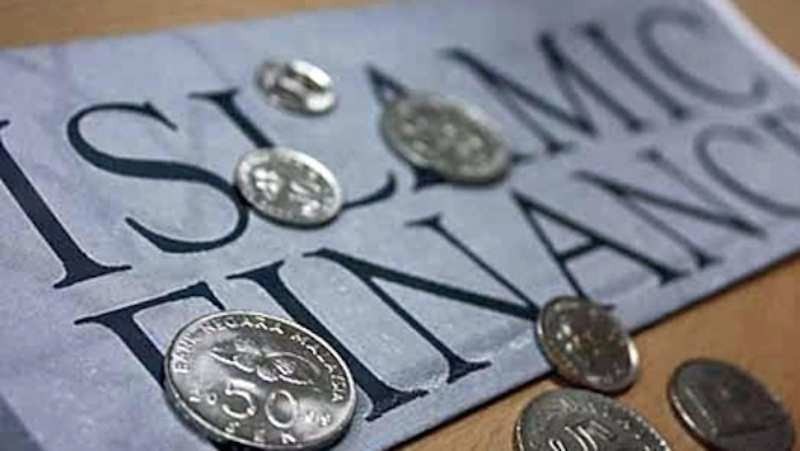Islamic finance follows rules about fairness, justice, and being open. It aims to serve Muslims worldwide through Murabaha, where goods are sold at more than their cost price to make a profit. This allows Muslims to acquire goods according to Islamic principles at competitive prices. This blog post will examine its use when purchasing or financing items according to Islamic practices.
What is Murabaha?
Murabaha is an Islamic finance transaction in which goods are sold at higher prices from suppliers to buyers and then back at even higher prices (known as Murabaha profit). Investors have used Murabaha financing extensively to secure assets like real estate, vehicles, and equipment financing needs.
How Does Murabaha Work in Islamic Asset Finance?
Murabaha financing is an integral component of Islamic finance for purchasing items. When applying for Murabaha loans, customers turn to their bank for help when buying from sellers; then the bank purchases and sells back the item at a higher price later on to the customer, who then pays back both original costs as well as any profit made over time by paying back to their bank over time.
Islamic finance allows Murabaha to borrow money without breaking the rules against interest. Instead of earning their profit through interest payments, banks make money by selling goods and services. People benefit from this technique because it enables them to purchase things without incurring interest payments.
Advantages of Murabaha in Islamic asset finance
Murabaha offers numerous advantages to Islamic asset finance.
- First and foremost, its transaction is clear and straightforward for anyone to understand.
- Second, Murabaha can provide financing solutions for an array of assets.
- Finally, it offers Sharia-compliant alternatives to interest-based financing that would otherwise be forbidden under Islamic finance principles.
Challenges of Murabaha in Islamic asset finance
Murabaha offers many advantages in Islamic asset finance but also presents some difficulties. One key challenge is pricing an asset properly; banks must not overcharge customers because any excess would constitute usury and, therefore, be forbidden in Islamic finance. Another risk involves default: repossession may become necessary if payments go unmade, ultimately resulting in a loss for both sides.
Final Thoughts
Murabaha is integral to Islamic asset finance, offering a Sharia-compliant, ethical, and transparent method of financing asset purchases. Its fixed profit rate and risk-sharing features make it appealing for aligning financial transactions with religious beliefs. As demand for Islamic financial services in Australia and globally grows, Murabaha may continue to serve as a powerful way to facilitate halal asset finance solutions.
Sharia Finance provides competitive Islamic home loan options that comply with Islamic principles. This makes financing your dream home affordable and in accordance with Islamic values easier than ever before. Visit our website or contact us now to discover how we can help secure your financial future with halal choices!

